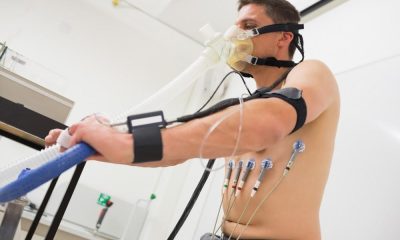

The relevance of stress test. In order to ensure resilience and prevent catastrophic failures by pushing beyond normal limits to find breaking points, stress tests are...


Stress reduction activities. An essential component of stress management is looking after your long-term physical and mental well-being. But sometimes there isn’t time to read a...


Older adults and stress. In order to effectively help older persons and enhance their quality of life, it is crucial to comprehend the causes of the...
Tips for reducing stress and anxiety. Sometimes, life can be very stressful. Furthermore, stress can come from more than just the big things. Life’s ordinary difficulties,...
Dealing with emotional stress. Your physical and emotional health may suffer as a result of stress. To lessen the negative effects of stress on your body,...
Avoiding stress and controling your happiness. Your physical and emotional health may suffer as a result of stress. To lessen the negative effects of stress on...
Stress management hacks. Maintaining your long-term physical and emotional well-being is a crucial component of stress management. But there isn’t always time for reading a novel,...


The Hidden Connection You might feel stress in your head or heart—but did you know it can show up in your mouth too? From grinding teeth...


Adolescence is a time of major change, and with change often comes stress. From school pressures to social challenges, teens experience a variety of stressors that...


Emotional distress refers to a state of mental suffering caused by overwhelming emotions, often stemming from challenging life events such as loss, trauma, or significant change....